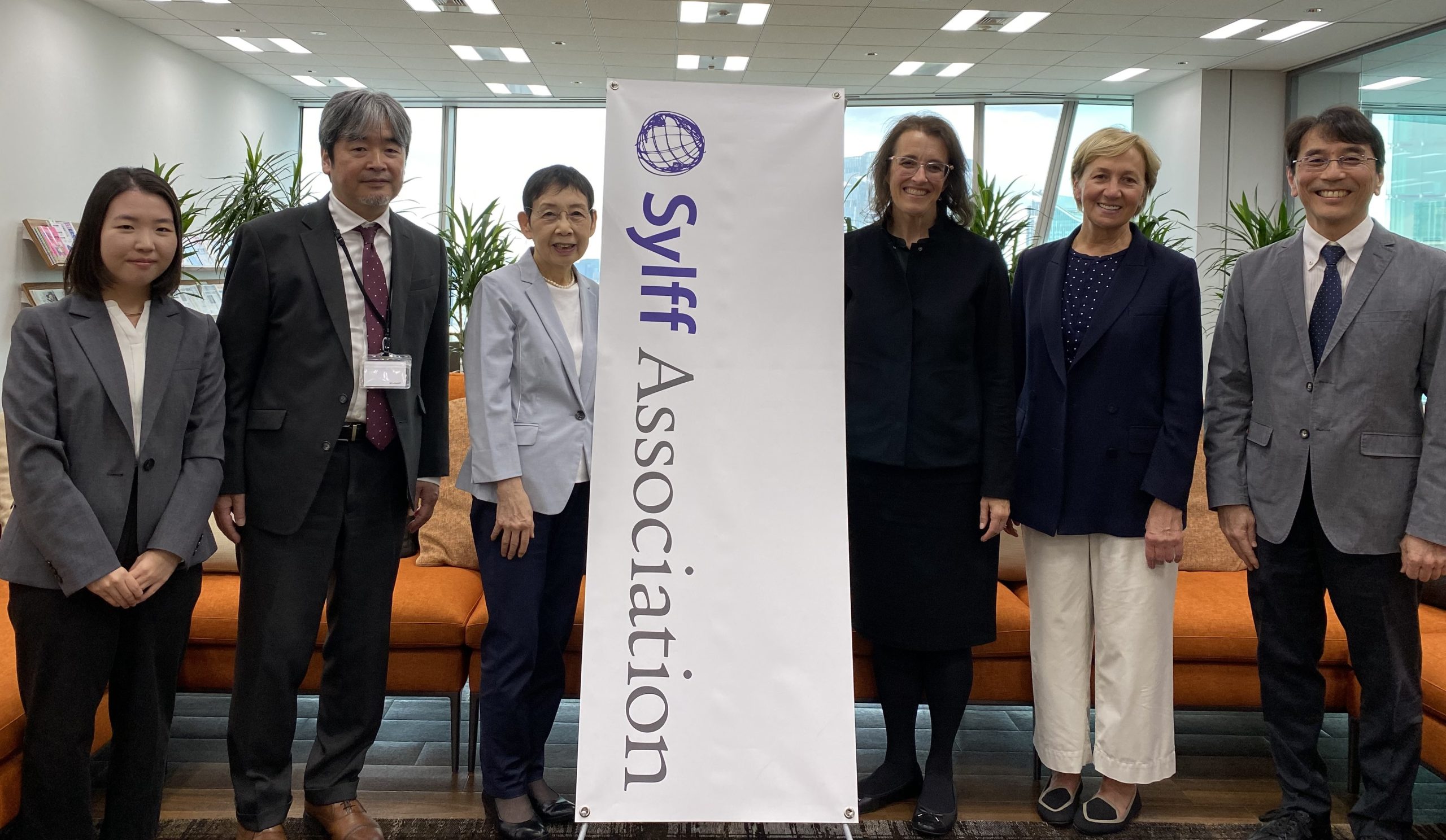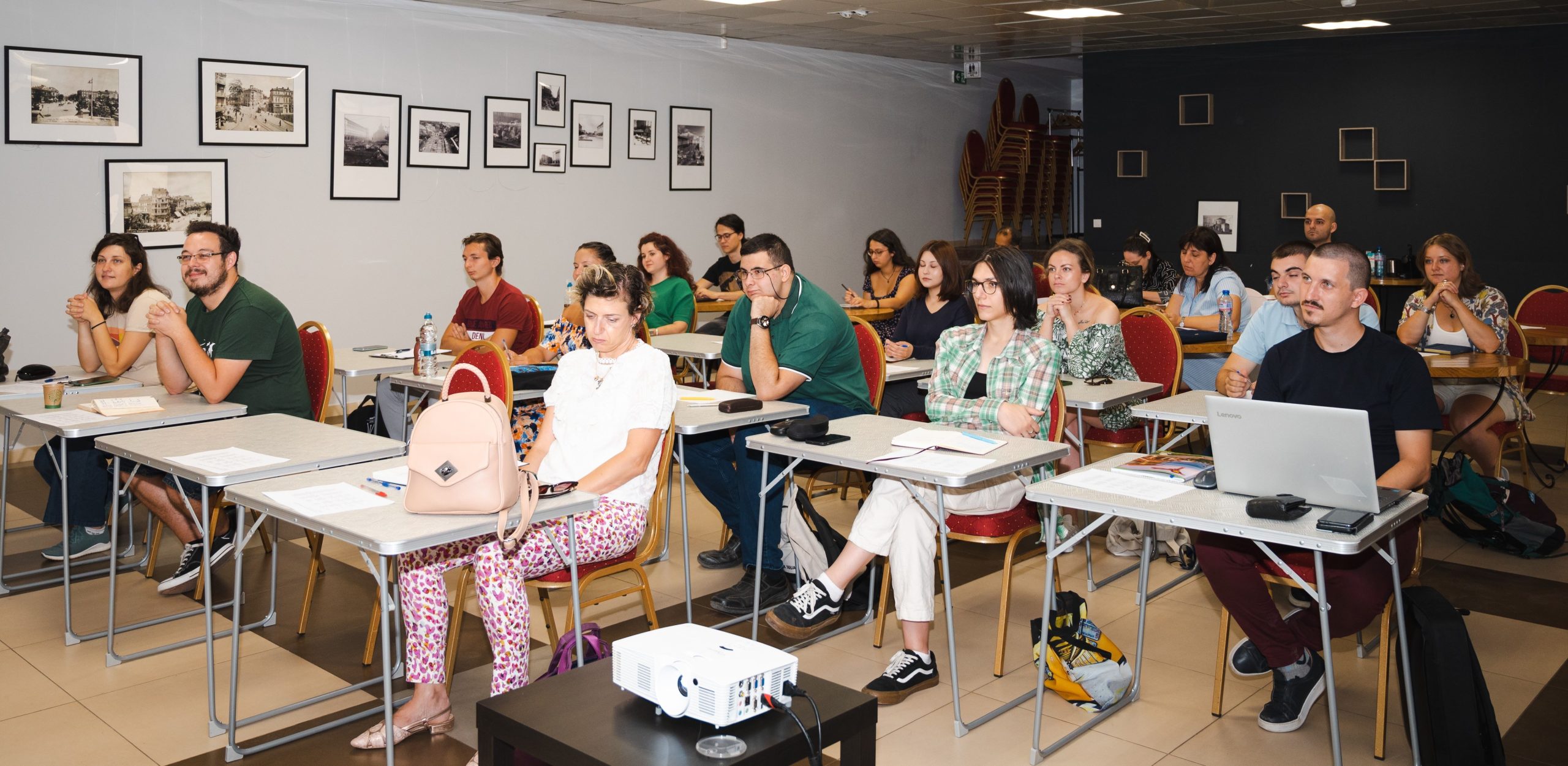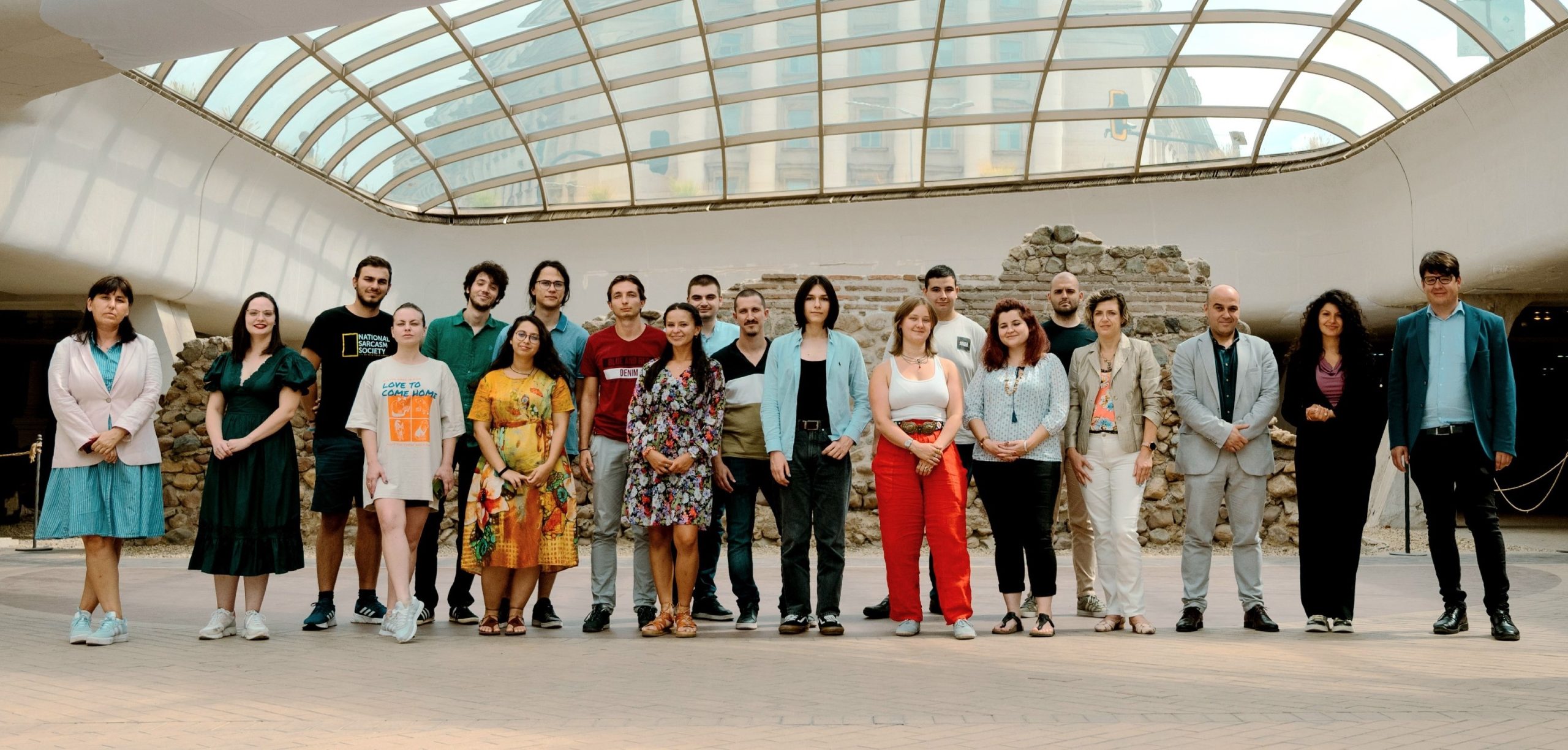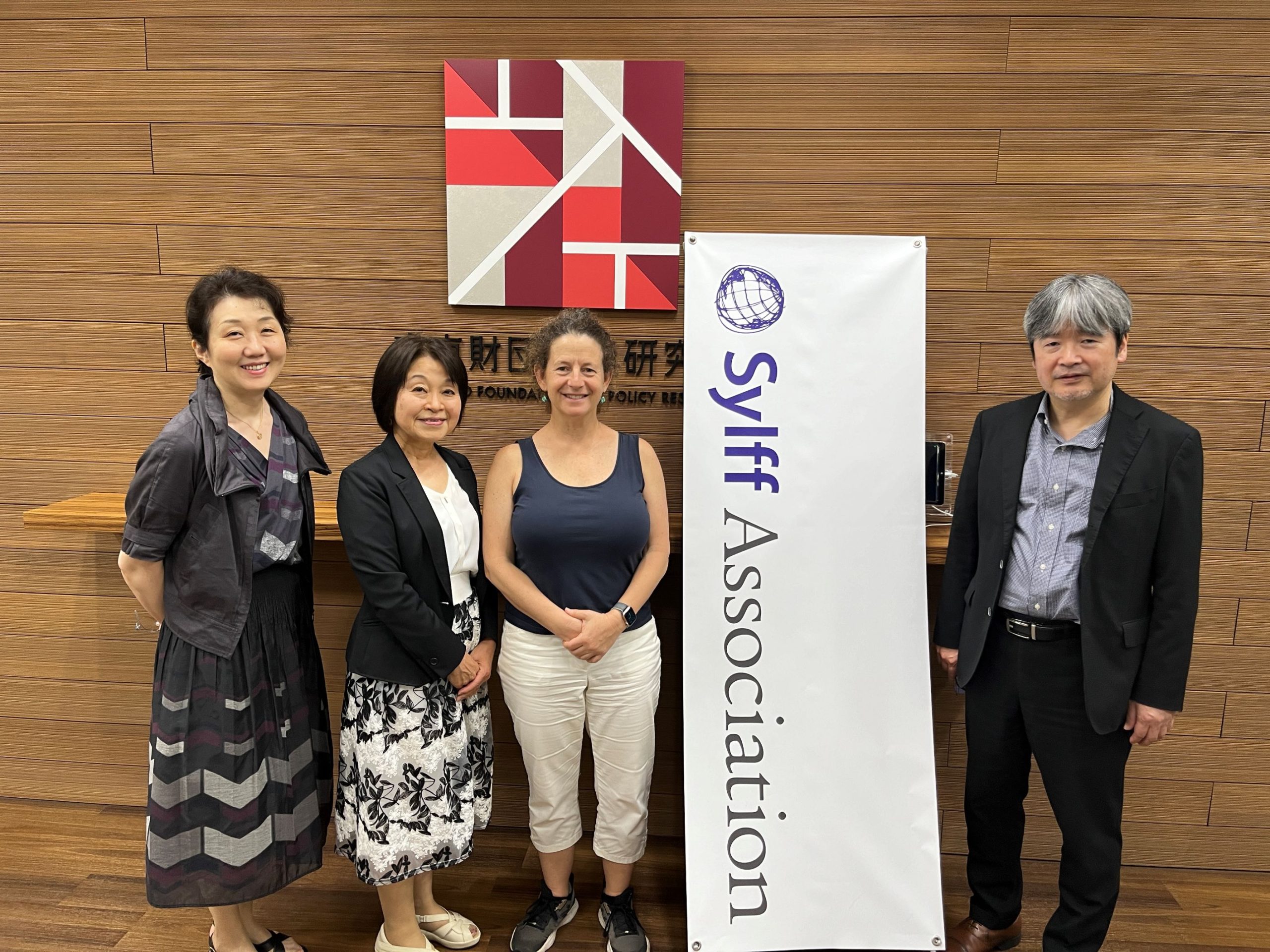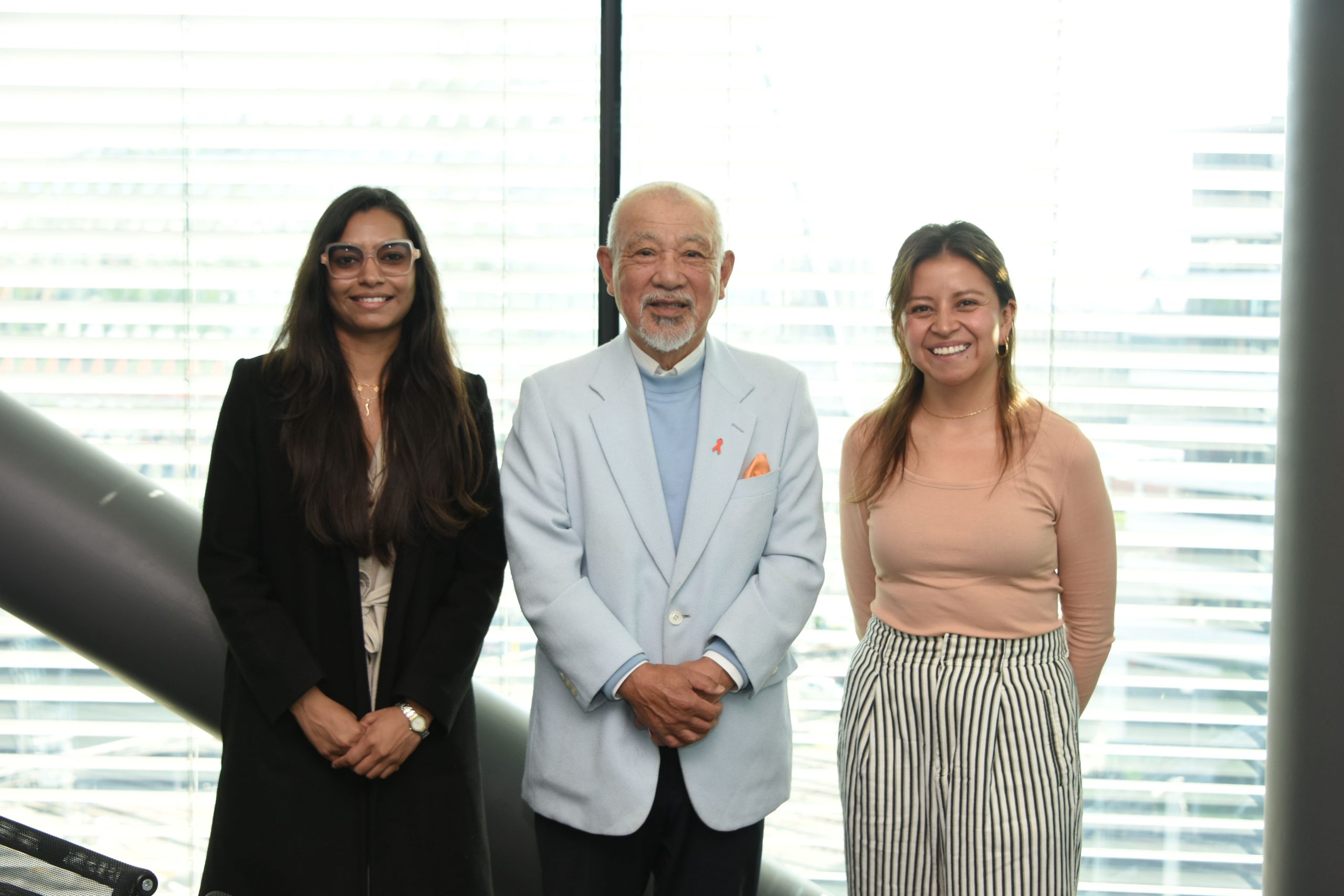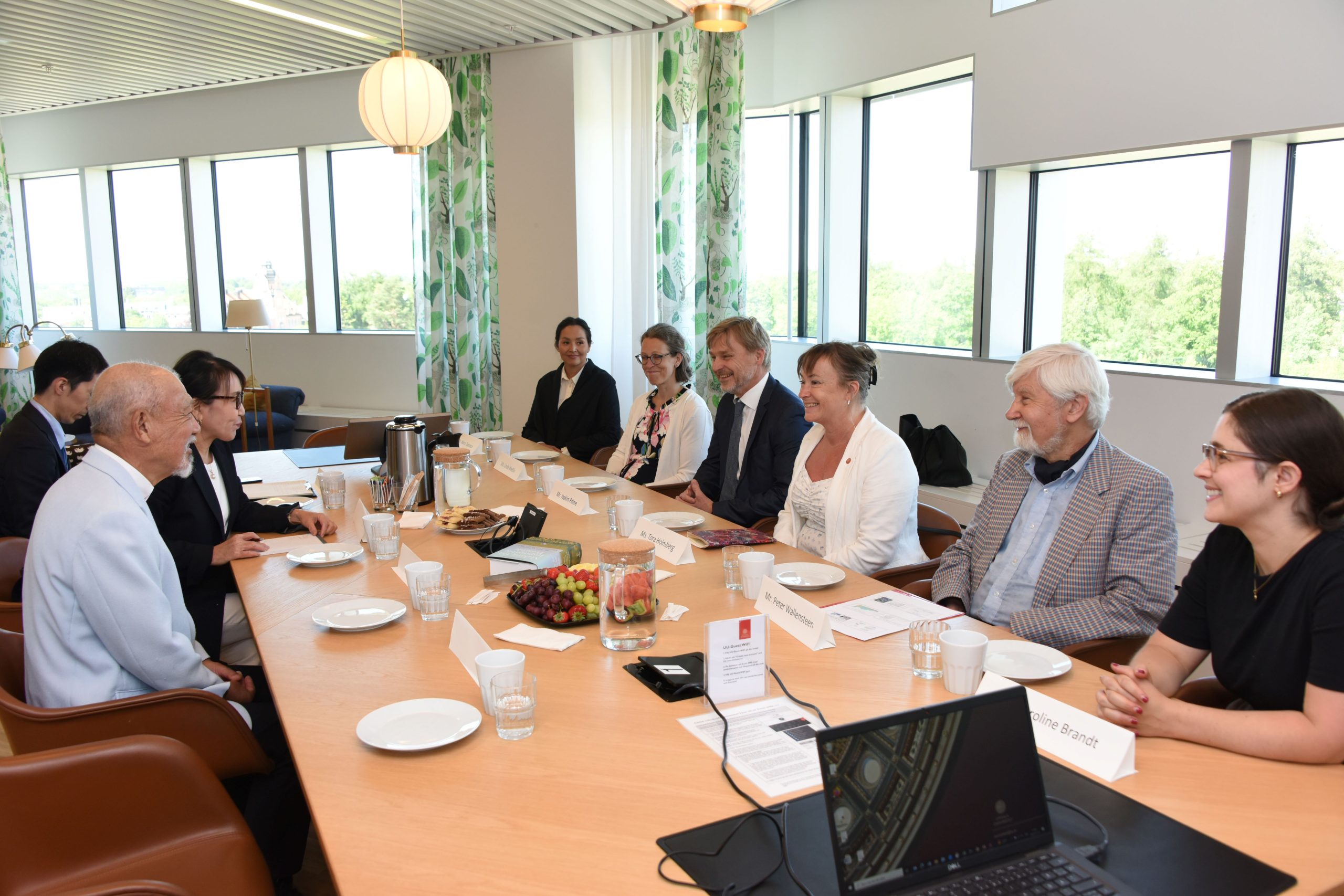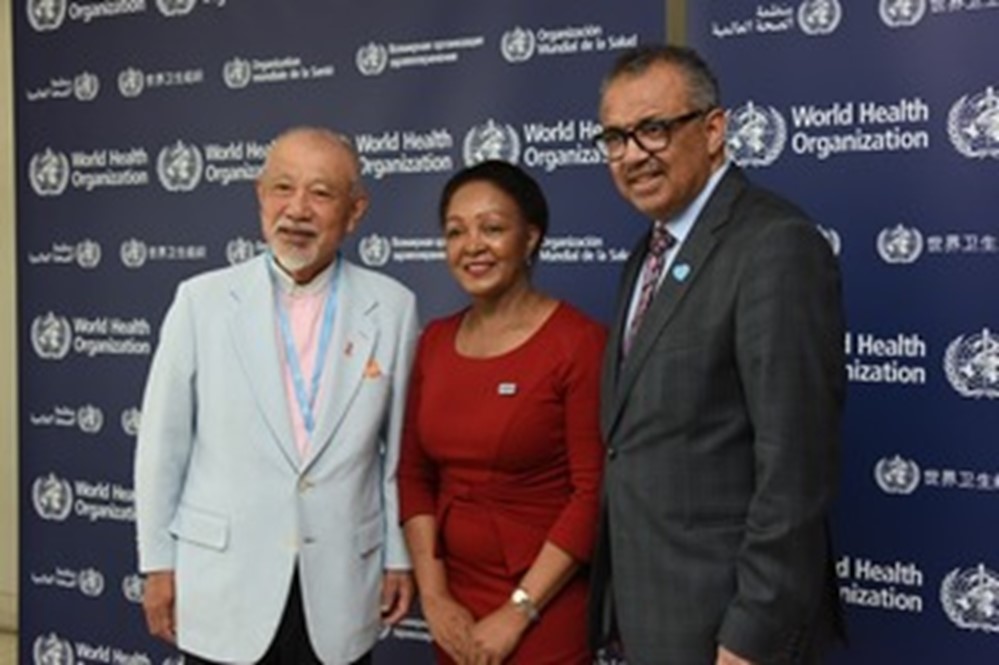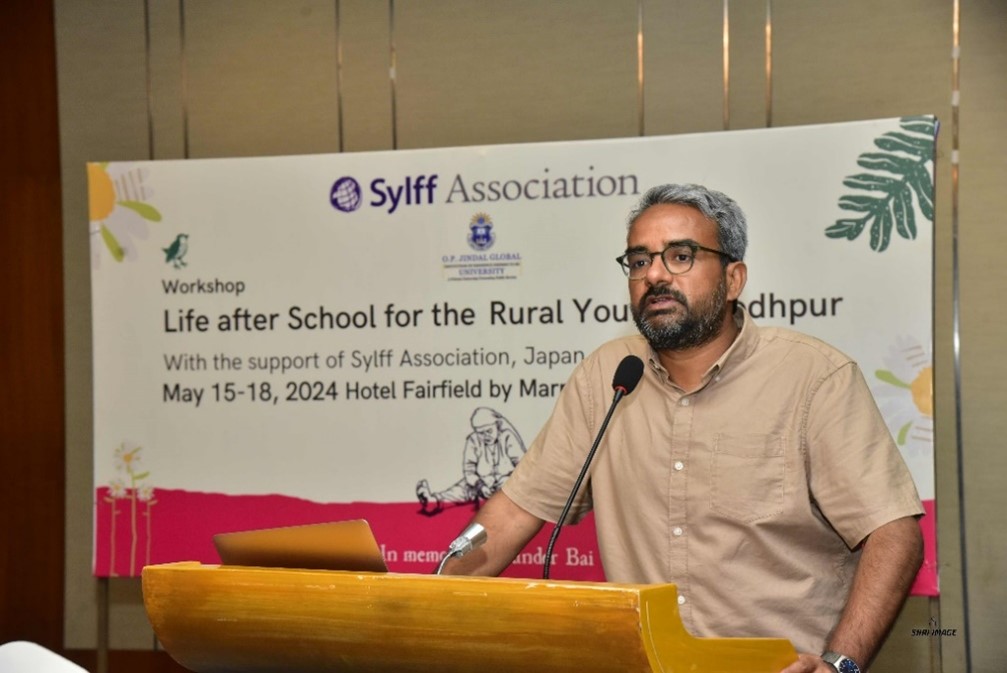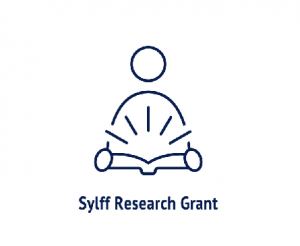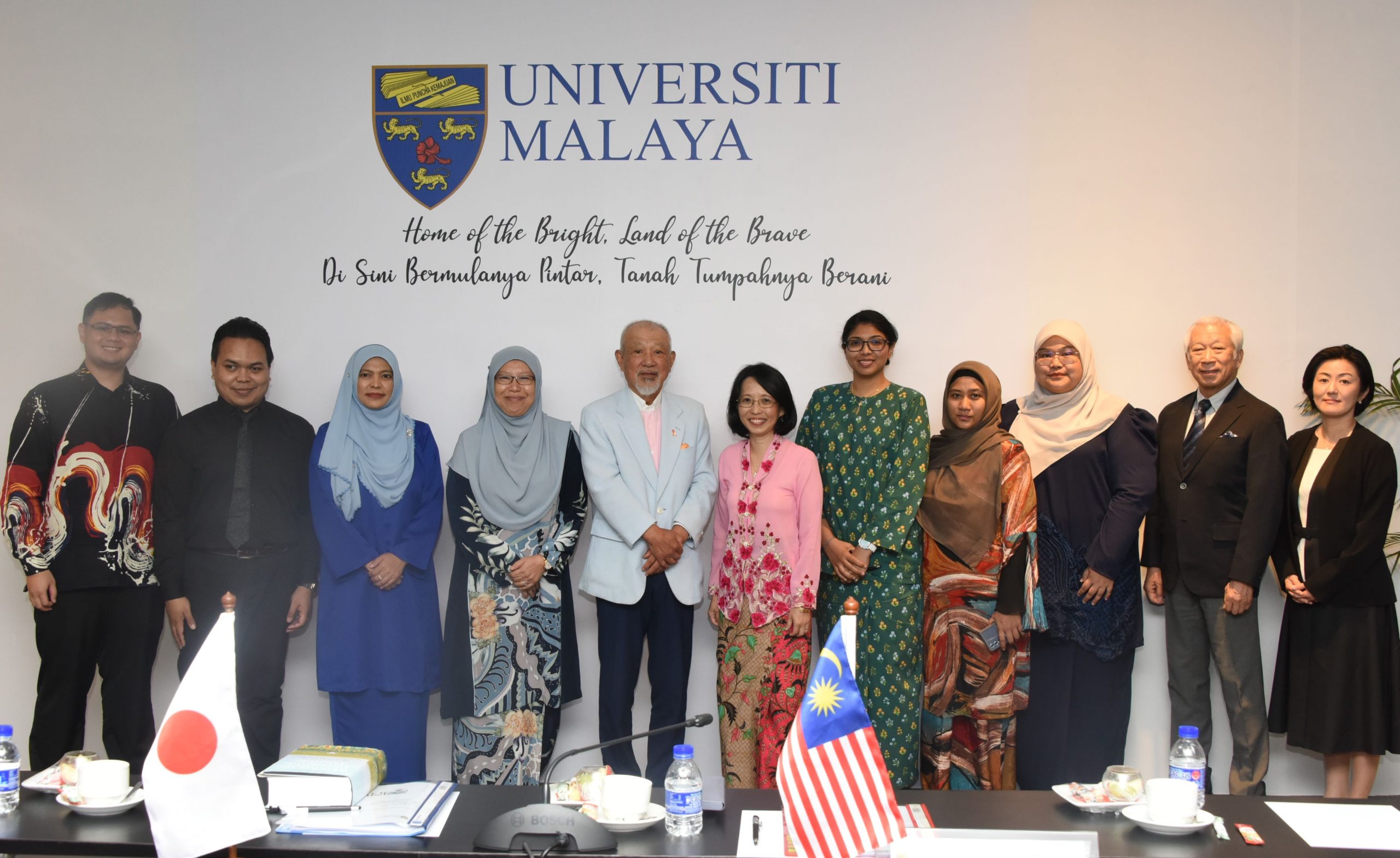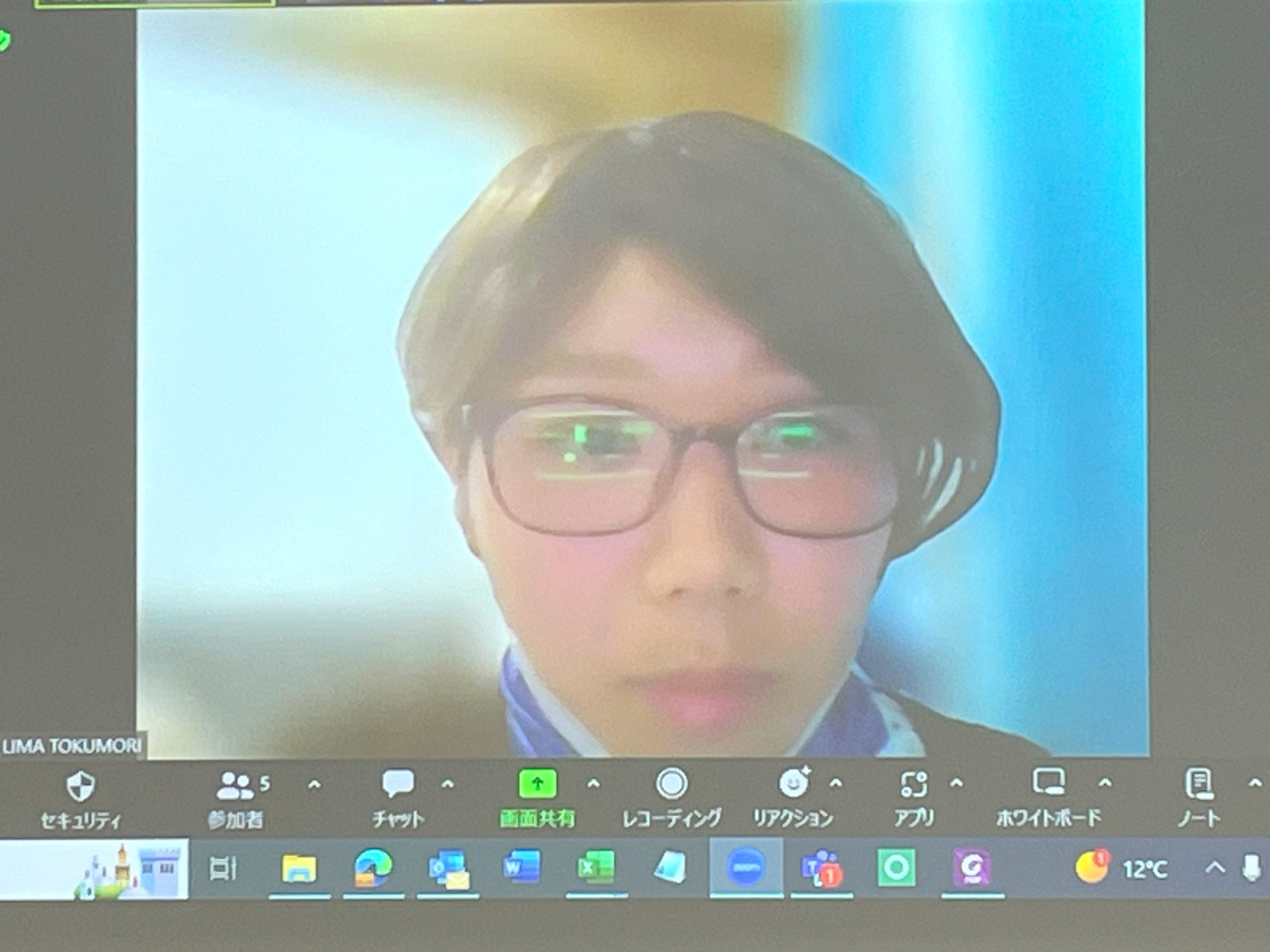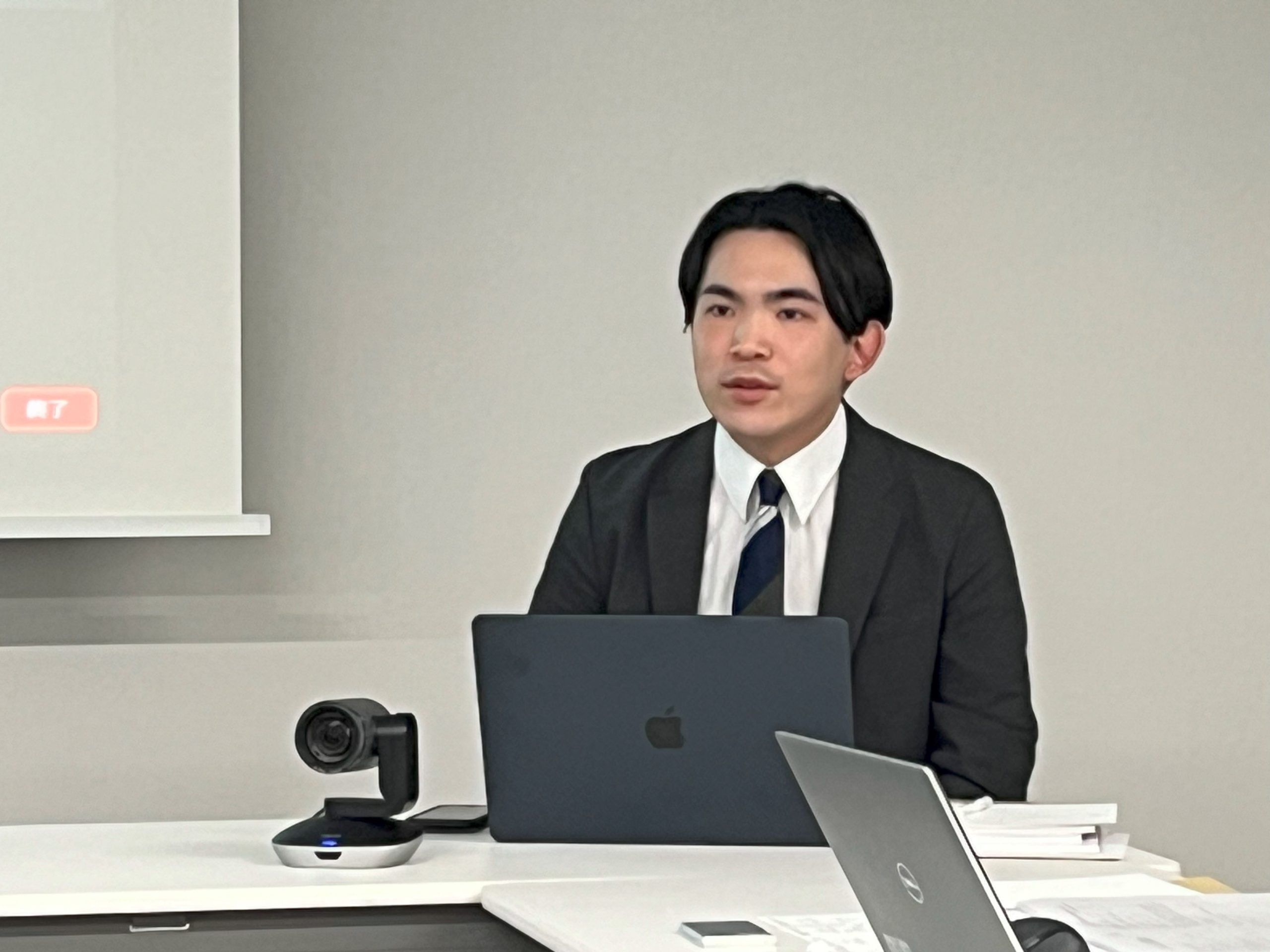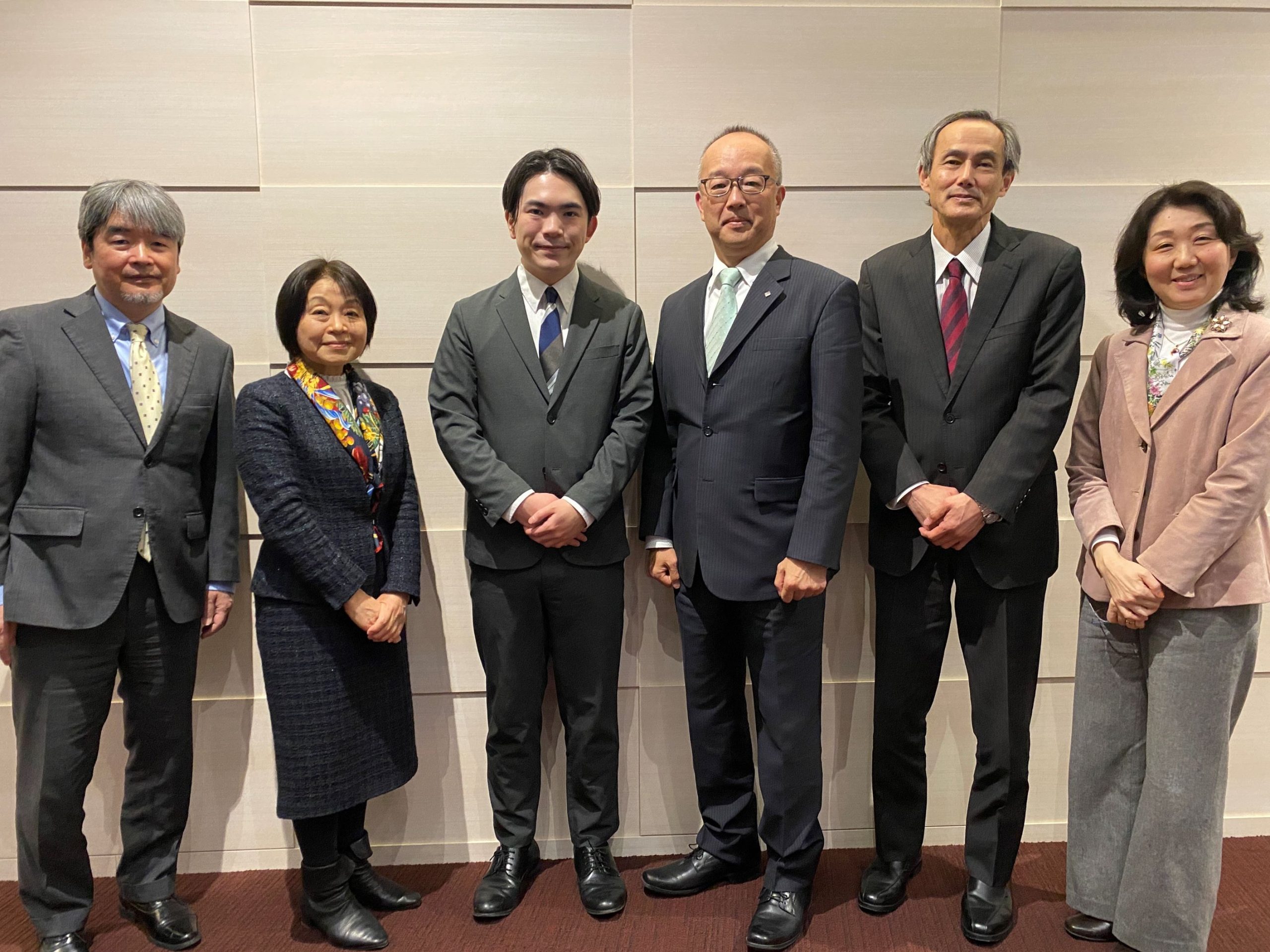Sylff administrators from five leading universities in China gathered in Tokyo on July 1–5 to share updates on how the program is being operated and how Sylff funds are being managed at the respective universities. Owing to pandemic-related travel restrictions, this was the first in-person meeting between Chinese Sylff institutions and the Sylff Association secretariat since the series of events in 2018 to commemorate the program’s 25th anniversary in China.
Attending the gathering in Tokyo were representatives of the five universities where Sylff endowments were established in 1992: Fudan University, Jilin University, Lanzhou University, Nanjing University, and Peking University.
After a welcoming address by Tokyo Foundation Executive Director Mari Suzuki, Sylff Association Chairman Yohei Sasakawa, in his opening remarks on July 2, pointed to the major role the Sylff program and other Sasakawa fellowships have played over the past several decades to develop Chinese leaders in a broad range of fields and to deepen friendship and mutual understanding between Japan and China. He also expressed his wish that fellows would spearhead efforts to build a peaceful future in an increasingly globalized world.
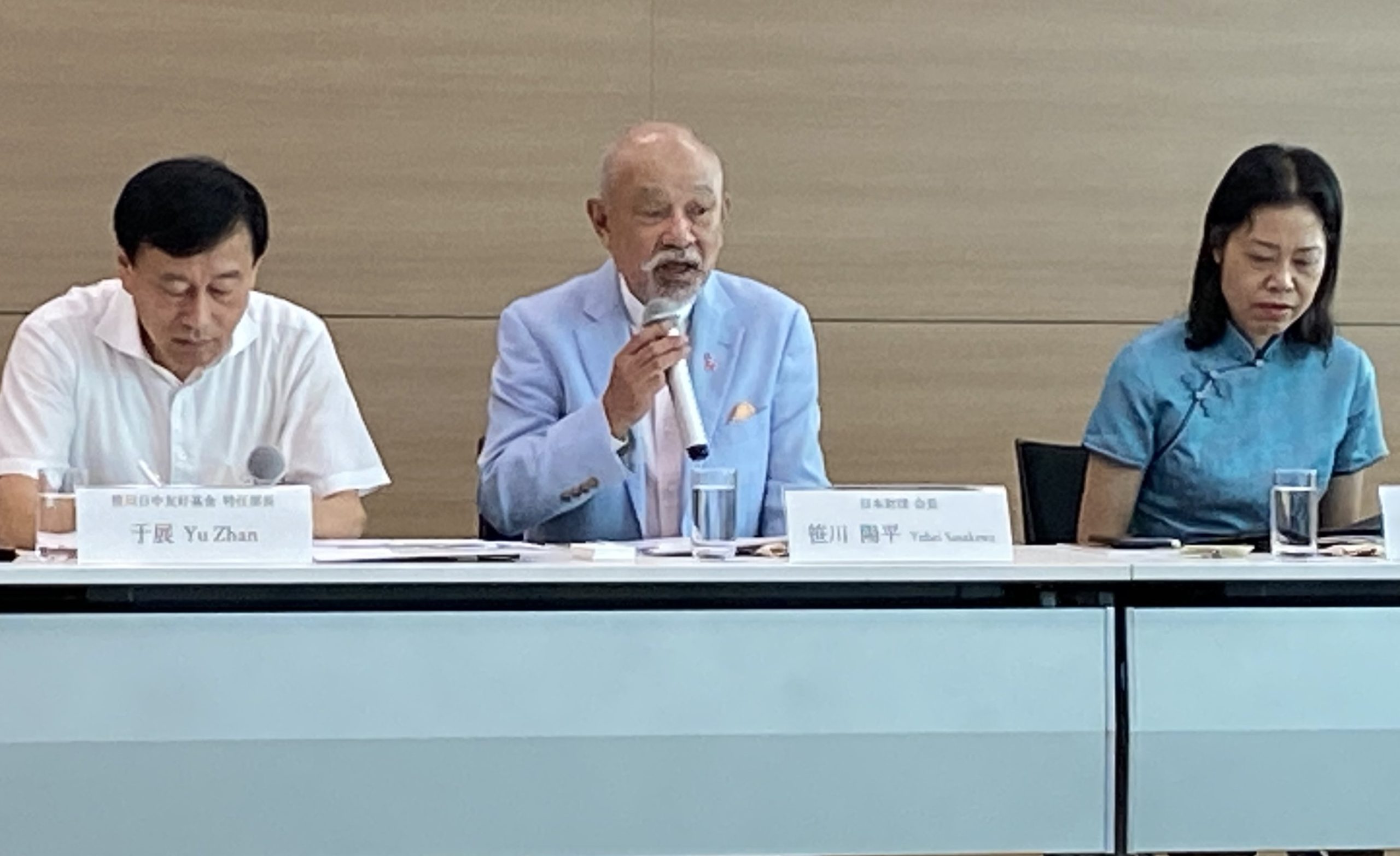
Fudan University Executive Vice President Xu Zheng, right, and Sasakawa Japan-China Friendship Fund Program Director Yu Zhan, left, listen as Chairman Yohei Sasakawa delivers his opening remarks.
Following presentations by the Tokyo Foundation on the history and recent developments in the Sylff program, as well as on the various support programs available for current and graduated fellows, the universities introduced the current status of their respective Sylff programs and the illustrious careers many graduated fellows are now pursuing. Private meetings with individual universities were also held to discuss in greater detail the various challenges posed by the pandemic and other external developments on program operations and fund management.
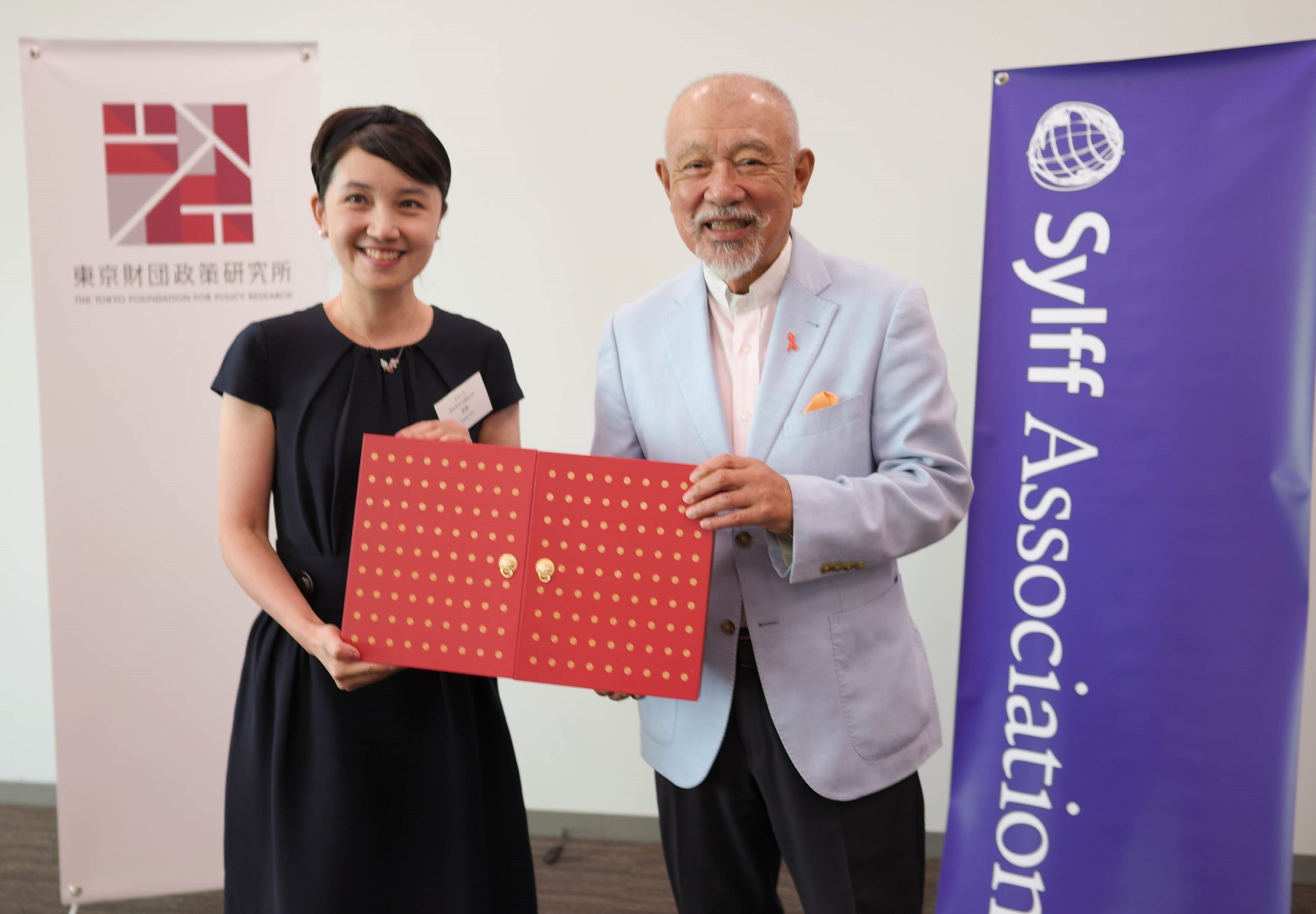
Chairman Sasakawa accepts a gift from Peking University Education Foundation Deputy Secretary-General Geng Shu.
On July 3, meeting participants visited Waseda University—a Sylff institution in Tokyo—to learn from Sylff Steering Committee Chair Shinji Wakao about Waseda’s unique approach to industry-academia collaboration and its highly selective Sylff program, which selects one outstanding graduate student each year to receive a fellowship over a two-year period.
“This was a truly wonderful event,” noted Fudan University’s Executive Vice-President and Sylff Steering Committee Chair Xu Zheng. “It was a valuable opportunity to look back on the past three decades of the program in China and to look ahead to the next thirty years. The seeds sown by the Sylff program not only at the five institutions attending today but at the five other Sylff institutions in China are now flowering and bearing fruit.”
“The administrators’ meeting for five Chinese Sylff universities in Tokyo was a great success,” added Peking University Education Foundation Deputy Secretary-General Geng Shu. “As a rare opportunity for the universities to gather together, this meeting made it possible for us to learn from successful experiences in program operations, which play an important guiding role in the subsequent development of our university’s program. In the future, we also hope to continue to work with The Nippon Foundation and the Tokyo Foundation for Policy Research to cultivate more outstanding young talents and contribute to friendly exchange and cooperation between China and Japan.”
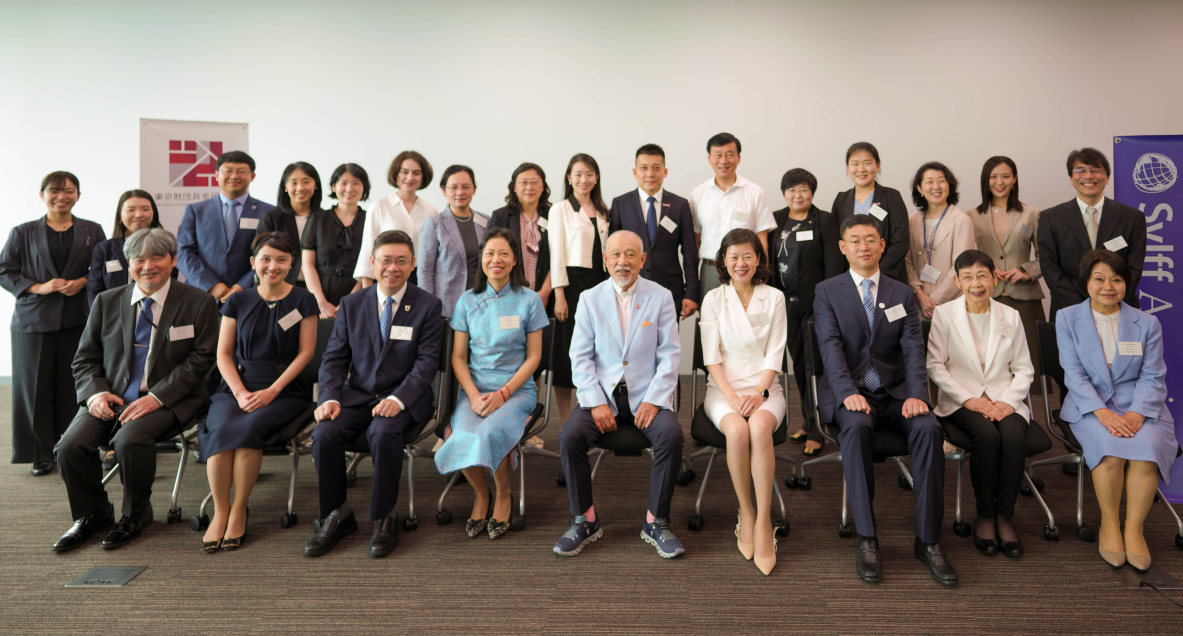
List of Participants
Fudan University
Xu Zheng, Executive Vice President (Sylff Chairperson)
Zhu Yifei, Program Manager, Office of Global Partnership
Shabahaiti Mansuer, Deputy Section Chief of the Financial Aid Office, Department of Graduate Student Affairs
Yun Xiaojing, Deputy Director, Department of Liaison and Development
Jilin University
Zhao Yue, Vice Dean of the Graduate School; Researcher
Sui Yining, Vice Dean of the Academy of Social Sciences; Associate Researcher
Lanzhou University
Cao Hong, Vice President (Sylff Chairperson)
Li Chenyang, Program Manager, Graduate School
Yang Yi, Program Manager, Office of International Cooperation and Exchange
Nanjing University
Lu Yanqing, Vice-President (Sylff Chairperson)
Li Ning, Director of Scholarship Administration Office
Liu Dongbo, Assistant Professor
Peking University
Geng Shu, Deputy Secretary-General, Peking University Education Foundation (Sylff Chairperson)
Li Ying, Finance Specialist, Peking University Education Foundation
Li Huishu, Project Director, Peking University Education Foundation
Nippon Foundation
Yohei Sasakawa, Chairman
Takeju Ogata, President
Sasakawa Peace Foundation
Yu Zhan, Program Director, Sasakawa Japan-China Friendship Fund
Waseda University
Shinji Wakao, Vice President for Research and Industry-Academia Collaboration; Professor, Faculty of Science and Engineering
Masahiko Gemma, Vice President for International Affairs and International Fundraising; Professor, Faculty of Social Sciences
Hiroyuki Matsumoto, Administrative Director, Research Promotion Division
Yang Zhen, Administrative Director for International Projects, International Affairs Division
Tokyo Foundation for Policy Research
Izumi Kadono, President
Hidewo Furukawa, Executive Director (General Affairs)
Mieko Nakabayashi, Executive Director (Policy Research)
Mari Suzuki, Executive Director (Leadership Development)
Keita Sugai, Director for Leadership Development
Yumi Arai, Program Officer, Leadership Development
Konatsu Furuya, Program Officer, Leadership Development
Maki Shimada, Program Officer, Leadership Development
Nozomu Kawamoto, Senior Editor, Leadership Development
Riaki Tanaka, Program Officer, Leadership Development
Chie Yamamoto, Program Officer, Leadership Development
